Hockey isn’t just a sport in Canada — it’s a full ecosystem, complete with rituals, expectations, and a set of unwritten rules that every parent seems to understand instinctively. For newcomers, these codes can feel intense, confusing, or downright startling. They’re not posted anywhere, not taught in official handbooks, and not always logical, yet they shape rinks across the country. Here are 19 unwritten hockey-parent codes that shock newcomers.
Rink Arrival Times Are Sacred
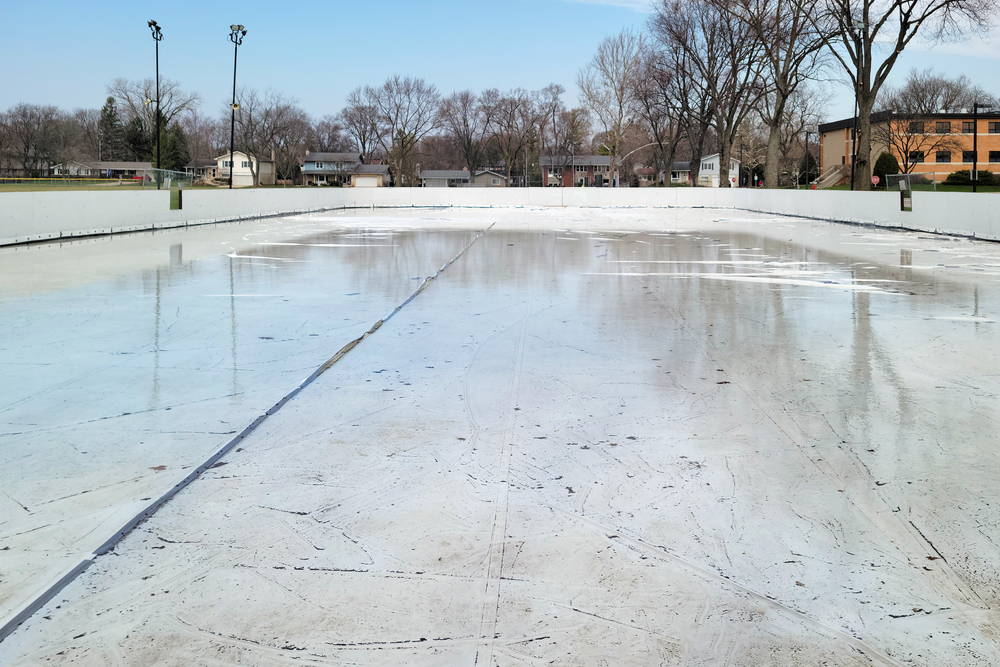
Newcomers are often stunned to learn that “be there at 6:00” actually means “be there by 5:30… or earlier.” Hockey parents treat arrival windows as holy because everything depends on timing: gear setup, ice prep, team talks, and pregame rituals that only function when everyone is present. Forgetting a piece of equipment, hitting traffic, or arriving even slightly late feels like a personal crisis. Parents don’t just show up — they arrive with military precision, coffee in hand, and a silent understanding that punctuality is the first sign of respect for the team. To outsiders, it looks excessive. To hockey parents, it’s simply how order is maintained in a chaotic, fast-moving sport.
Coffee Is Part of the Uniform
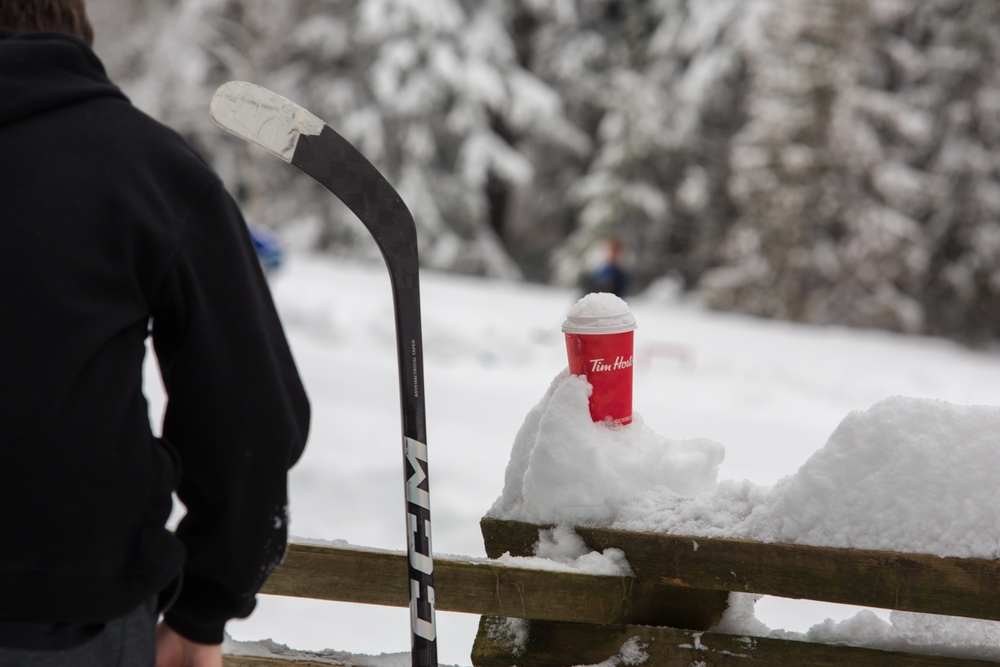
To the uninitiated, it’s surprising how deeply hockey parents depend on coffee. Not casual coffee — industrial-strength, rink-temperature-resistant, always-present coffee. Early mornings, freezing arenas, long drives, and back-to-back games turn caffeine into a survival mechanism. Many parents show up with oversized travel mugs that might as well be extensions of their arms. Some even know which rinks sell the “good” coffee and which require an emergency thermos backup. To newcomers, it feels like overkill. To veterans, it’s the only way to endure the unrelenting dawn practices that define hockey culture.
The Car Becomes a Second Locker Room
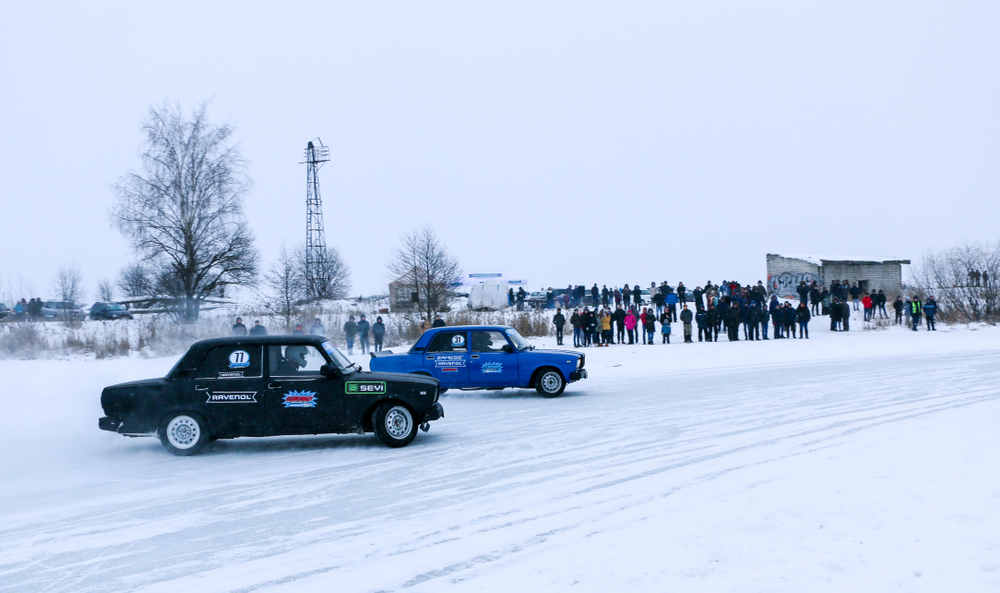
Newcomers assume gear gets stored neatly at home. Hockey families know the truth: the car becomes a permanent mobile locker room, and the smell is… unforgettable. Bags, sticks, skates, forgotten socks, and half-finished snacks coexist in the backseat. Parents develop rituals to manage odours — open windows in winter, trunk ventilation tricks, specialized sprays — yet nothing fully works. This “rolling equipment shed” isn’t a sign of disorganization; it’s a badge of honour. Newcomers are always shocked by how fast the transformation happens — one season in, and the vehicle is no longer a car, but a gear ecosystem with its own microclimate.
Ice Time Complaints Happen Quietly, Strategically, and Never Publicly
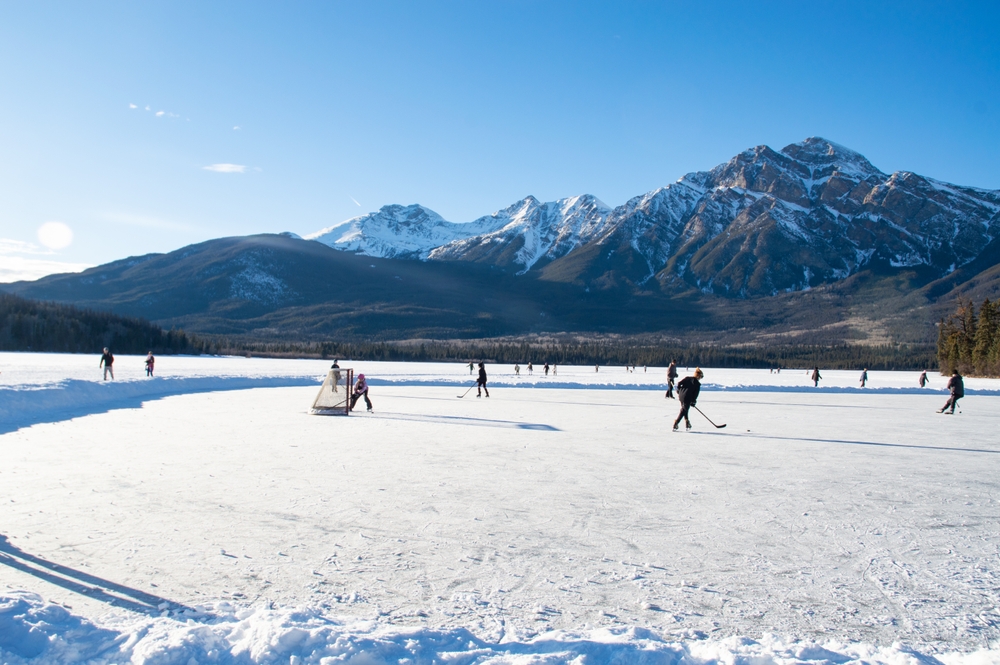
One of hockey’s most surprising codes is how complaints about ice time operate. Parents rarely voice frustration openly. Instead, concerns appear in subtle comments, sideways glances, carefully phrased questions, and long post-game car chats shared only within trusted circles. Confrontation is frowned upon — it disrupts team chemistry and risks reputational fallout. Instead, there’s an unspoken understanding: everyone keeps their frustrations controlled, diplomatic, and in private. Newcomers often misread this silence as contentment, unaware of the quiet emotional math happening behind the scenes.
Tournament Weekends Require Survival-Level Preparation
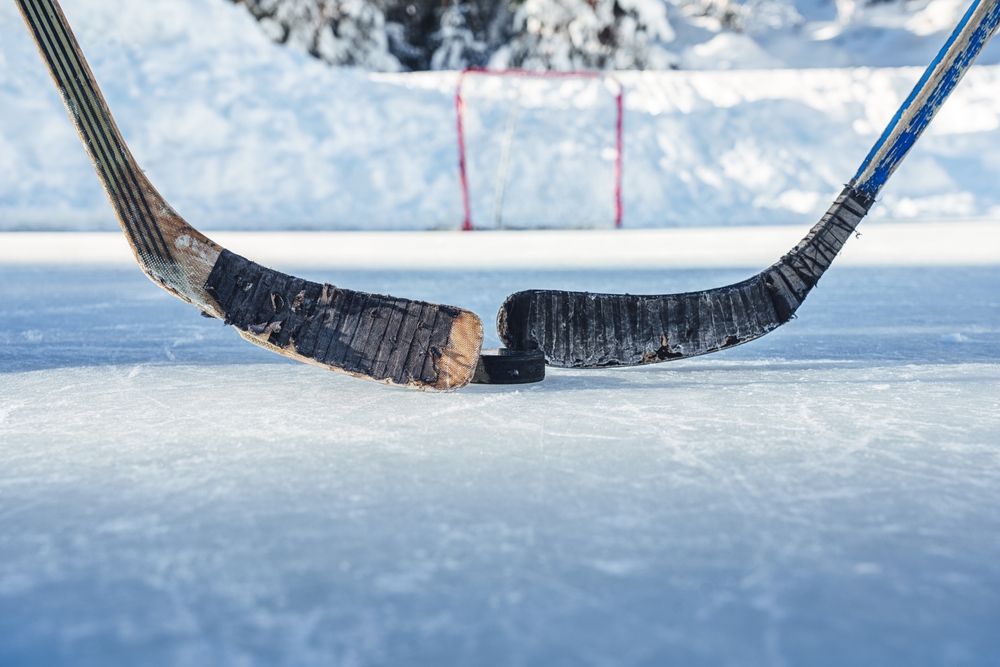
New hockey parents are caught off guard by how intense tournaments are. They aren’t casual weekend events — they’re multi-day marathons involving hotel bookings, snack plans, carpool coordination, laundry cycles, and scheduling that borders on military operations. Veterans show up with coolers, folding chairs, portable heaters, emergency kits, and enough snacks to feed an army. Parents socialize, strategize, and sometimes nap anywhere they can. Newcomers often arrive unprepared, only to realize that tournament culture is a world unto itself — demanding planning, stamina, and a strong sense of humour.
Chirping From the Stands Has Its Own Etiquette

Most newcomers expect hockey parents to be loud — but they’re shocked by how specific the boundaries are. Chirping is allowed, but it must follow unwritten rules: support your team loudly, critique your own player quietly, and never escalate into personal attacks. There’s a difference between passionate cheering and unacceptable behaviour, and veteran parents enforce these lines subtly but firmly. Supportive chirps? Fine. Calling out referees excessively? Not fine. Making it personal? Absolutely forbidden. Hockey stands may be loud, but they’re governed by their own social contract.
Missing a Practice Is a Bigger Deal Than Missing a Game
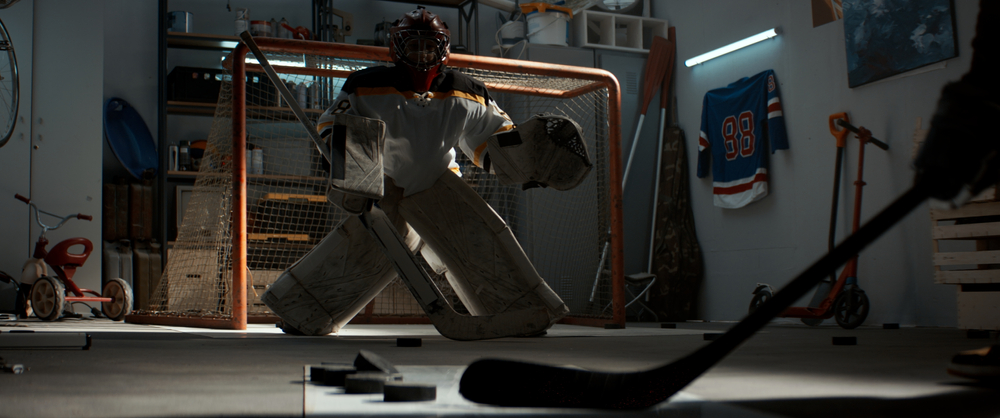
This rule confuses newcomers immediately. Logic suggests games matter more — but in hockey-parent culture, practices are sacred. Coaches use practices to build systems, chemistry, and conditioning, and missing one disrupts the entire rhythm. Parents quietly judge unreliability, and players who skip practices may see reduced ice time. New families often treat practices as optional, only to discover that the team views them as foundational. The seriousness placed on drills, attendance, and habits surprises anyone unfamiliar with the sport’s intense preparation culture.
Snack Duty Is a High-Stakes Ritual

Most new parents think snack duty means bringing oranges. They soon realize it’s practically an art form. Snacks must be healthy but fun, consistent but creative, and delivered at precisely the right moment. Show up with something too sugary, too messy, or too bland, and you’ll hear about it. Hockey parents treat snack distribution like a small but crucial contribution to team morale, especially during long tournament days. Newcomers rarely expect how seriously others take it — or how quickly they’ll be absorbed into the snack-duty rotation.
Goalie Parents Live in a Different Psychological Universe
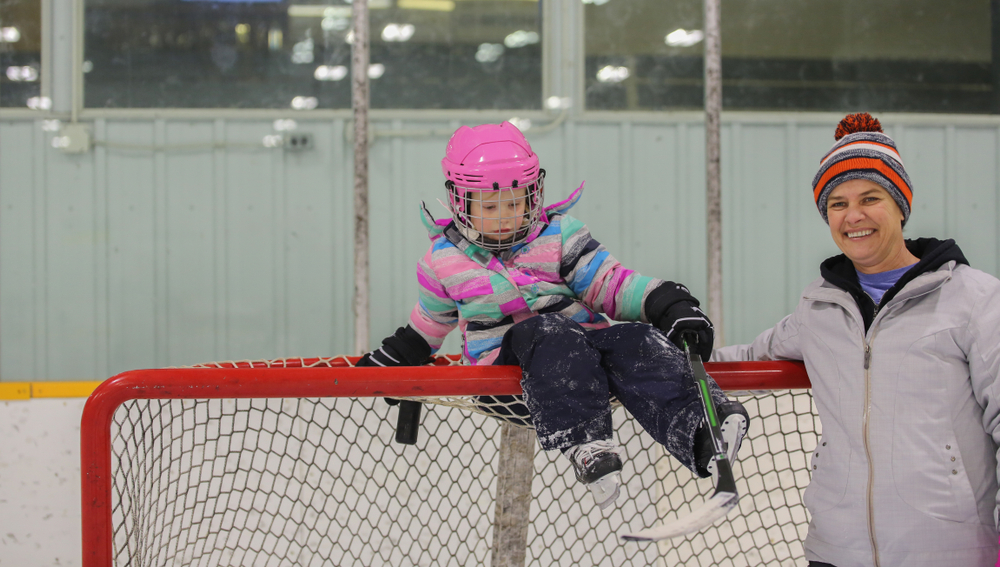
Newcomers are always stunned by the unique emotional landscape of goalie parents. Every shot, every bounce, every mistake carries amplified pressure. Goalie parents sit slightly apart, pacing, whispering prayers, or staring down the ice with the intensity of a chess grandmaster. They have their own rituals, their own stress patterns, and their own support networks. The rest of the hockey world understands that goalie families operate at higher emotional stakes — and newcomers soon learn that the goalie-parent experience is practically a culture within a culture.
Nobody Ever Admits How Expensive It Really Is
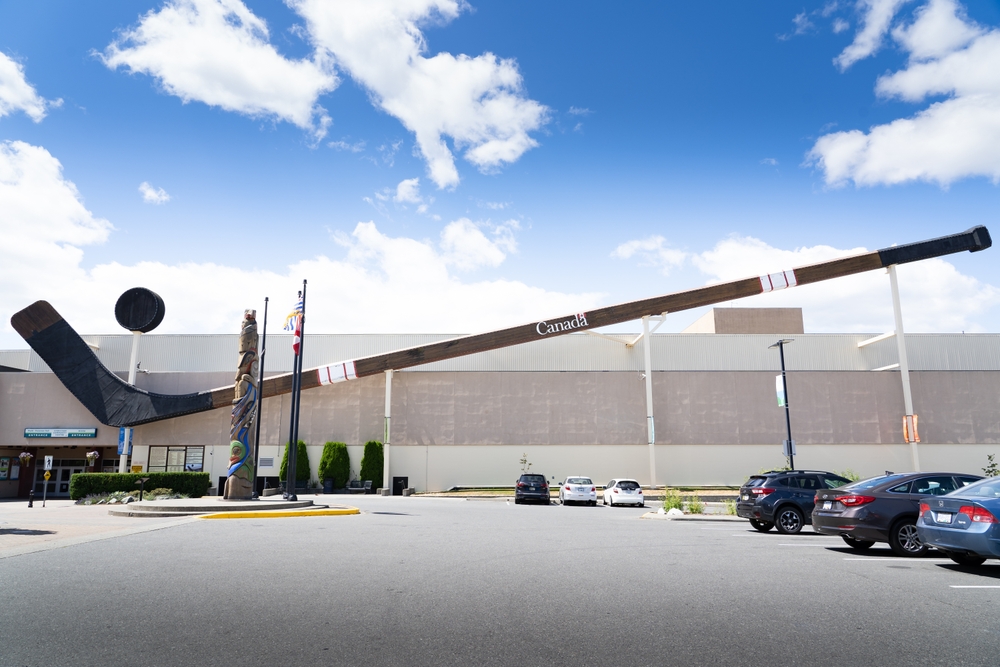
Newcomers always ask about cost, expecting straightforward answers. Instead, they get vague nods, soft laughs, or “It adds up.” Hockey parents rarely list actual numbers — partly to avoid scaring new families, partly because the total is genuinely hard to calculate. Equipment, travel, team fees, training camps, stick replacements, tournament hotels… the list is endless. The unwritten code is simple: everyone knows it’s expensive, but nobody says the full number out loud. It’s both politeness and self-preservation.
Carpool Arrangements Are Treated Like Legal Agreements

Newcomers quickly discover that carpooling in hockey culture isn’t casual. It’s a detailed, near-contractual arrangement built on trust, timing, and silent accountability. Once a parent agrees to drive another family’s child, the commitment becomes ironclad: no last-minute cancellations, no sloppy timing, no forgetting gear. Parents communicate like dispatchers, sharing routes, delays, and pick-up cues with precision. New families often don’t realize how seriously this is taken until they witness the ripple effect of a late carpool — disrupted warmups, anxious kids, irritated coaches. It’s an ecosystem built on reliability, and anyone who joins is expected to uphold the standard.
Apparel Loyalty Is Quietly Enforced
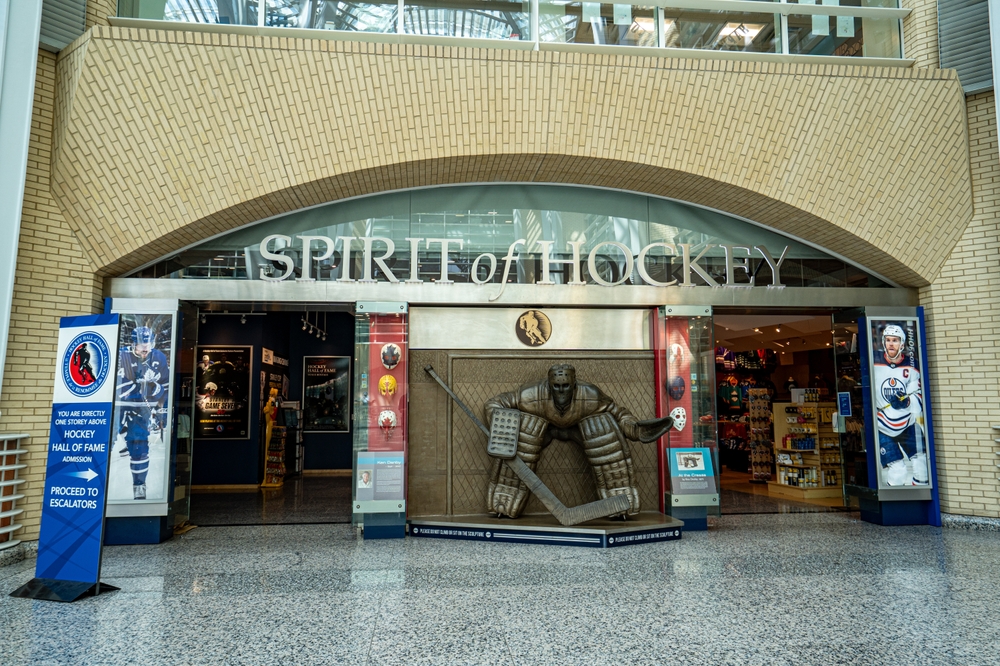
Newcomers assume hockey apparel is just clothing. Instead, they soon learn that rink culture runs on brand loyalty — and it’s subtle but real. Bauer vs. CCM debates, favourite stick lines, ritual skate-sharpening choices, and team-issued jackets are all part of an identity code. Veteran families can identify your hockey “experience level” by a single glance at your bag or tape. Showing up with mismatched brands or unconventional gear sparks quiet side-eyes, not because anyone means harm, but because equipment choices communicate commitment. New parents are often shocked by how quickly they get swept into these loyalties — and how expensive it becomes.
“Bench Parent” Is an Unofficial Job Title
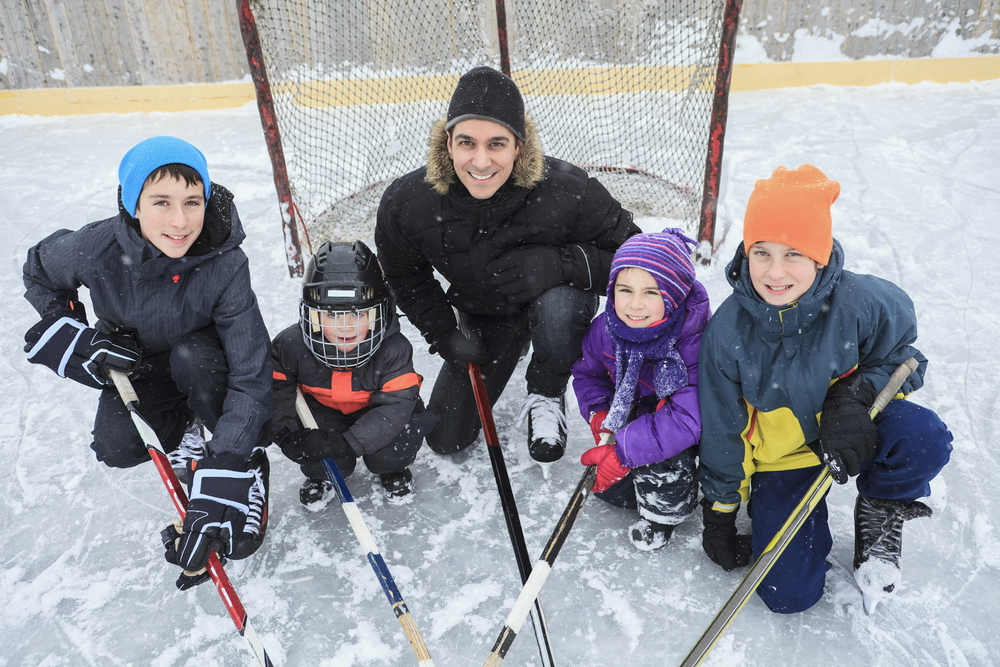
Every team has a bench parent — someone who quietly coordinates water bottles, ties last-minute skates, reminds kids about shifts, and calms nerves between plays. It’s never announced but always essential. Newcomers don’t understand the role at first, but they quickly notice who steps in during chaotic moments. Bench parents hold the team together, like unofficial assistant coaches who manage everything coaches can’t. They are also the first to comfort teary players, handle forgotten gear emergencies, or run interference during tense games. New parents are often stunned by how much responsibility falls into this unassigned role — and how respected it becomes.
The Unspoken “No Drama in the Lobby” Rule
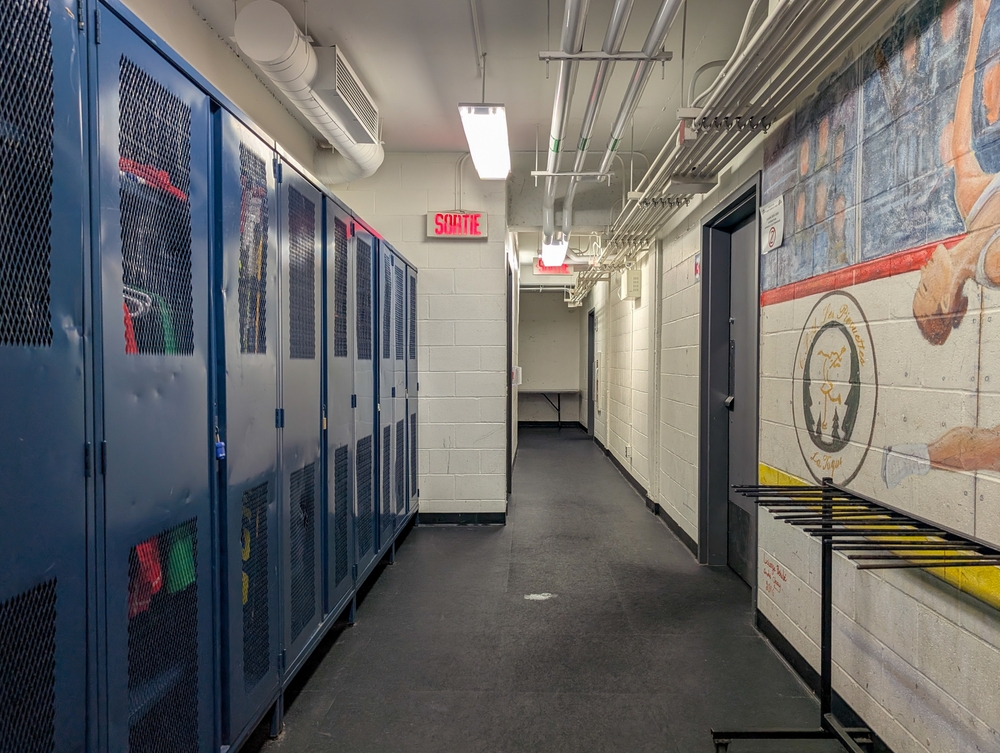
Newcomers sometimes walk into the rink lobby expecting open conversation, but hockey lobbies operate under their own diplomacy. Parents can discuss schedules, gear, and snacks, but drama — ice time complaints, coaching critiques, player comparisons — is kept strictly out of public spaces. The lobby is neutral territory. Break this rule, and you’ll feel the temperature shift immediately. Veterans will redirect the conversation or quietly step away. The goal is simple: protect team harmony. It’s a code newcomers often break accidentally, learning its importance only after receiving a few tight smiles and subtle warnings.
Post-Game Car Rides Follow Emotional Protocols

New hockey parents often assume the car ride home is a perfect moment to analyse the game. But the unwritten rule is clear: post-game emotions dictate the conversation. A tough loss means silence or gentle encouragement; a great game invites celebration. Critiquing mistakes is discouraged — it can spiral quickly. Veteran parents know the signs: slumped shoulders, stick thumps, long sighs. They adjust their tone accordingly, offering space rather than speeches. Newcomers are surprised to learn that the real coaching happens at practice — not in the car. The drive home is for decompressing, not dissecting.
Scorekeeping Parents Hold Significant Power
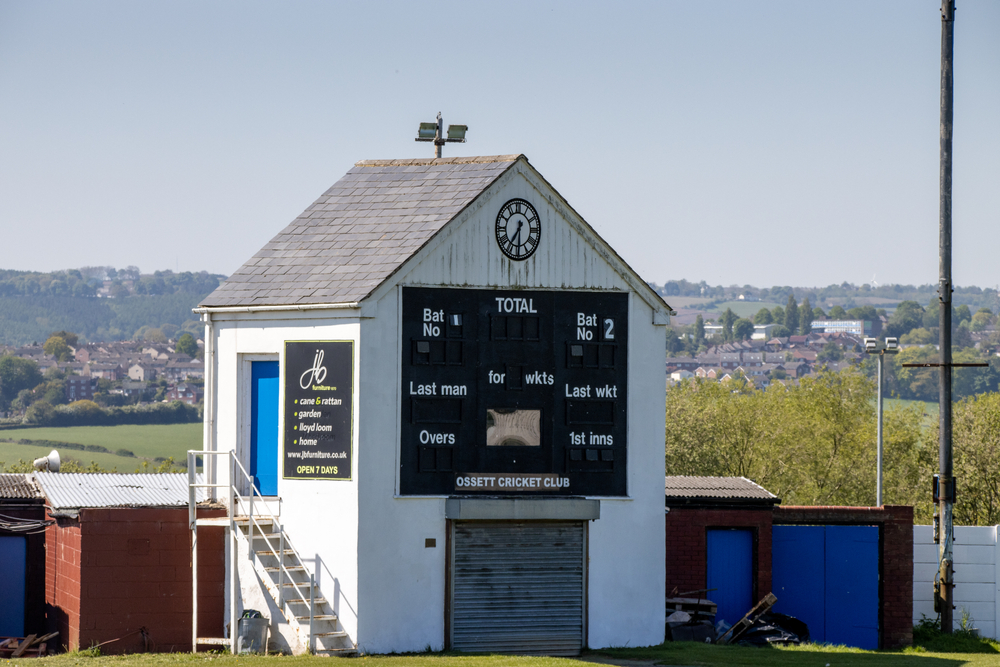
To outsiders, scorekeeping looks simple — marking goals and penalties. But hockey families know scorekeepers are the quiet adjudicators of the game. They manage timing sheets, penalty clocks, goal confirmations, and even subtle on-ice disputes. A missed penalty can trigger debates; a misrecorded goal can shift tournament standings. Scorekeepers are expected to remain impartial, accurate, and calm under pressure. New parents are often shocked by how much respect — and scrutiny — this role receives. It’s one of the most important volunteer jobs in the rink, and everyone knows it.
Every Team Has “That Parent,” and Everyone Knows Who It Is
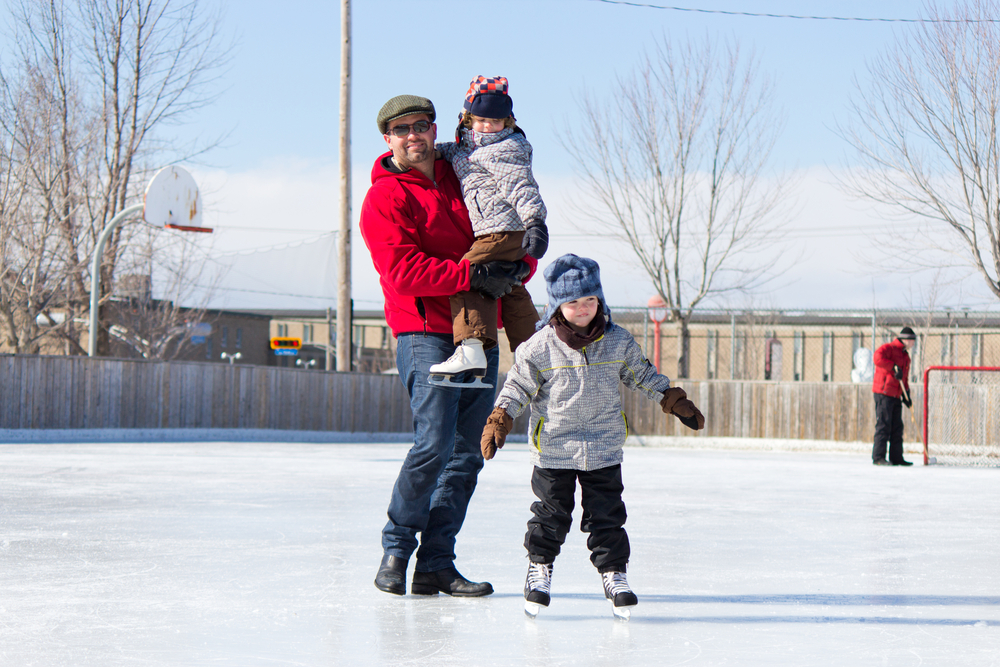
Newcomers soon learn that every hockey team has one parent who breaks codes, pushes boundaries, or escalates emotions — and the rest of the parents silently adapt. Maybe it’s the yeller, the complainer, the parking-lot analyst, or the one who treats minor hockey like the NHL draft. Veterans manage these personalities with practiced diplomacy. Outsiders are often stunned by how calmly the group handles disruptive behaviour — not through confrontation, but through quiet distancing, gentle redirection, and a shared understanding that harmony matters more than drama.
Coaches Are Spoken to Only at Specific Times

New parents naturally want to ask coaches questions after games or practices. But in hockey culture, timing is everything. Approaching a coach in the heat of frustration — yours or theirs — is a major breach of etiquette. “Twenty-four-hour rule” is the standard: wait a full day before raising concerns. It prevents emotional reactions and protects team relationships. Newcomers are often surprised to learn this unwritten norm is followed almost religiously. Coaches appreciate it, and the team runs smoothly because of it.
The Season Never Truly Ends
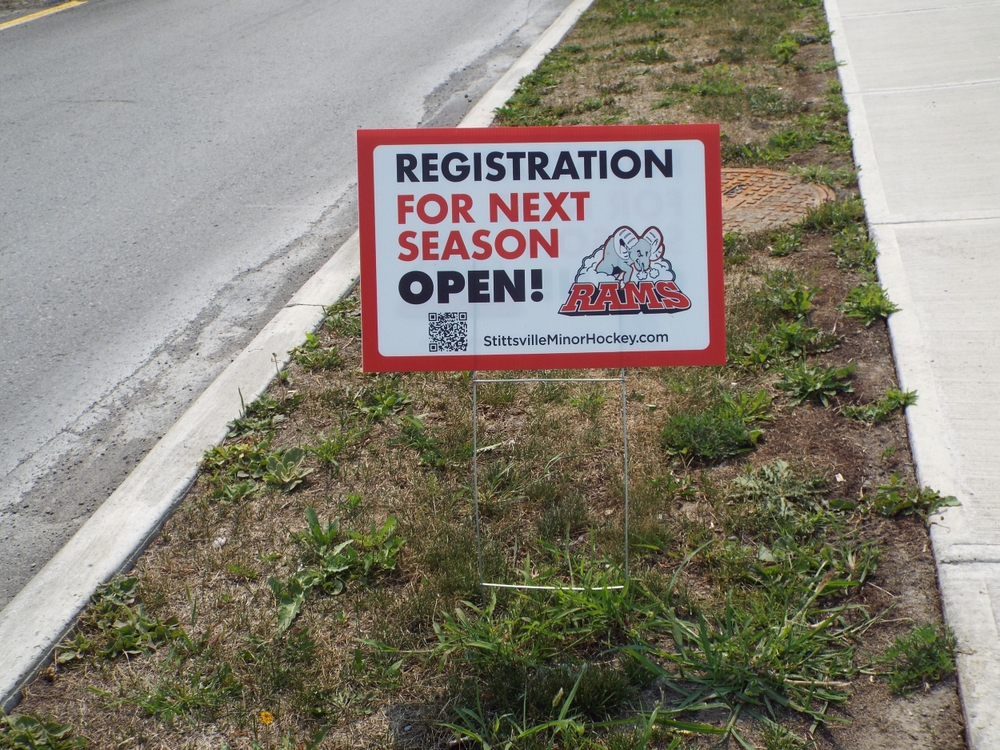
Newcomers think hockey ends when the ice melts. Hockey parents know the truth: spring skills, summer clinics, dryland training, tournaments, equipment upgrades — it never stops. Off-season is just “less busy season.” Planning for next year begins the moment this year ends. To outsiders, it feels extreme. To hockey families, it’s simply the rhythm of the sport. And once newcomers are in it, they usually accept the cycle faster than they expected.
21 Products Canadians Should Stockpile Before Tariffs Hit

If trade tensions escalate between Canada and the U.S., everyday essentials can suddenly disappear or skyrocket in price. Products like pantry basics and tech must-haves that depend on are deeply tied to cross-border supply chains and are likely to face various kinds of disruptions
21 Products Canadians Should Stockpile Before Tariffs Hit